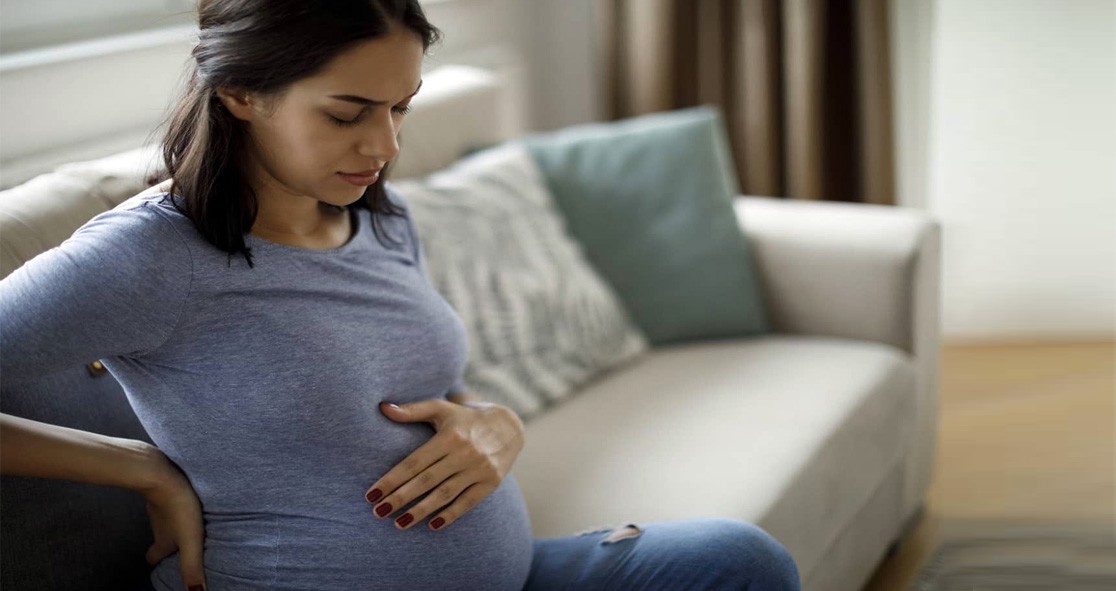A new survey from Ovia Health has found that many pregnant women are still hesitant to get COVID vaccines, despite discussing the vaccine with their provider, according to Fierce Healthcare.
Ovia Health conducts monthly surveys of 4,500 users through its apps and their attitudes toward the coronavirus vaccine.
The survey found that overall, the number of expecting mothers unlikely or somewhat unlikely to get the vaccine has stayed about the same from May through September, according to Ovia’s data shared with Fierce Healthcare.
Vaccine hesitancy has remained stagnant for months despite federal agencies like the CDC and organizations like the American College of Obstetricians and Gynecologists recommending the vaccine in pregnant women.
In September, Ovia found that most pregnant women (78%) said their provider had discussed the vaccine with them.
The company said, “We’re not observing a high disparity between races, potentially due to the fear of the vaccine affecting fertility and reproductive health. Hesitancy rates are slowly waning, but still concerningly high.”
Ovia also said that the problem is they are getting information from friends, family, or social media rather than medical professionals.
The company found that most new mothers (60%) using Ovia’s Parenting app have reported planning to immunize their children against COVID.
The survey has also shown racial gaps in vaccination rates, particularly among Hispanic and Black communities, suggesting that white people still account for the largest share of those unvaccinated.
Ovia Co-founder and Chief Product Officer Gina Nebesar told Fierce Healthcare the company has been distributing information on the safety of the vaccines to its customers to “restore the power to the actual inpatient, encouraging them to make decisions for themselves with their care provider.”
“Though women only see their healthcare provider periodically, they’re logging into Ovia every day, which gives us immense visibility and opportunity to engage with these women where they are at,” she added.
“We anticipated hesitancy in our population and proactively designed this guide to be a seamless part of the Ovia experience to continue to destigmatize it and give women the opportunity to review the data and facts on their own time, within a solution they use daily and trust deeply,” explained Nebesar.
Many care visits have moved online and Ovia saw a surge in the number of requests for coaching services and how much users were tracking their own health at home, Nebesar explained.
“People were taking more control of their health,” she said and leaning more on technology for mental health support. She added there was a “layer of anxiety on top of every single message we received.”























